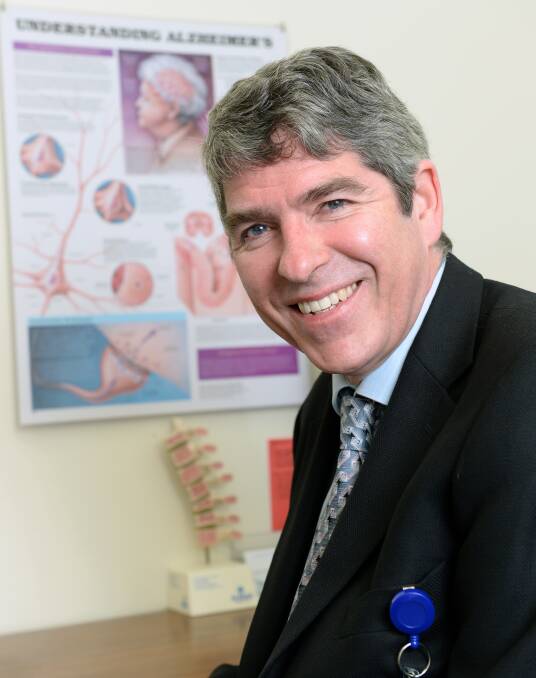
Watching someone you love die in agony is surely one of the most difficult journeys anyone can travel.
Subscribe now for unlimited access.
or signup to continue reading
Everybody desires their loved ones to leave this earth in the most peaceful, pain free way they possibly can.
But are the proposed assisted dying laws that will go before a state government vote next year the answer?
Western Victorian MP Jaala Pulford has changed her mind on euthanasia since the sad passing of her daughter Sinead, aged just 13, two years ago today.
She says her assertive little girl was “absolutely adamant” that she would die at home, surrounded by her pet cat, favourite music, friends and family.
Other notable identities, including Premier Daniel Andrews and commentator Andrew Denton, have used the emotive argument that watching a loved one – including in each of their cases their father – die slow and agonising deaths has also made them pro-euthanasia.
Many state politicians of all persuasions have now indicated they will also vote for assisted dying laws when they come before the chamber.
But what about the other side of the coin?
Both the AMA federal and state councils have argued that, instead of legalising assisted suicide, more government funding should instead be pumped into palliative care.
Ballarat geriatrician Doctor Mark Yates has repeatedly argued that end-of-life care can be completely overhauled so that no-one needs to die a painful death.
And he also raises the fear that not enough safeguards can ever be put in place to protect the vulnerable, such as terminally ill people who may opt for assisted suicide rather than be a burden on their families in their dying days, instead of any genuine desire to end their own lives.
Whatever your thoughts on the issue, it has been well and truly put on the table and must now be debated in a responsible and thoughtful manner.
It has been put on the table 30 times in Australian political history and has been rejected each time but the groundswell of support is definitely growing.
However, once the euthanasia door is open, it will be impossible to close it again. That’s why our politicians need to take the strong emotion out of the debate and make their decisions based on reasoned and responsible legal and medical arguments.














